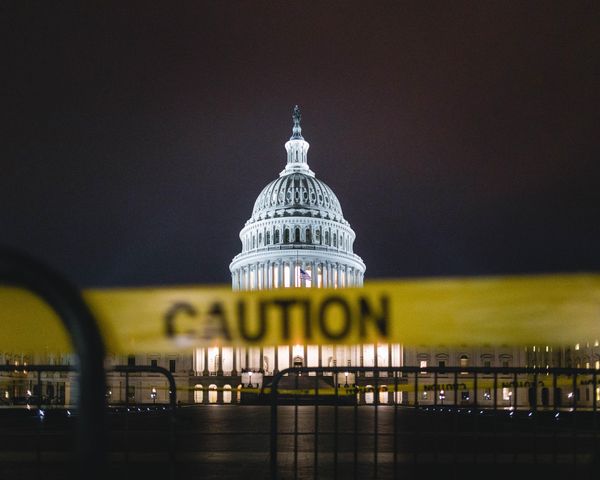As the Washington State legislature continues to delay funding for public schools, cities throughout the West Coast are being forced to pass mill levies. Seattle, Renton, Mercer Island, Federal Way, and Tukwila residents are voting to raise taxes to fund campus improvements, teacher salaries and property management. Seattle is asking for the most money: a little over $1 billion split between two levies; one -- a capitol levy -- for funding building improvements, and another -- an operations levy -- that will pay for a list of neglected expenditures, such as teacher salaries. The capital levy will also be used to open three new elementary schools that will support Seattle’s student population, which has been growing since 2007. A general trend in voter sympathy for school districts is evident by the numbers. With only the first load of ballots counted from Tuesday night, the aforementioned King County school districts have garnered anywhere from 60 to 70 percent approval for levies. The unanimous show of support across the greater Seattle area is evidence that the Washington State legislature is still not doing enough for education, faltering in its mission to properly fund it.
Compared to the national average, Washington State has a higher pupil-to-teacher ratio and a lower-than-average per-pupil expenditure. These lacking numbers lead to lower pay for teachers, crowded classrooms and deteriorating buildings. With an inadequate budget, the cost of these damages is passed off on school districts. Pressed for money and pressured by parents to perform, districts are forced to turn to mill levy campaigns to fill the hole left by minimal state funds. For example, local levies account for more than one-quarter of Seattle's public schools budget. If the levies don't pass, these schools will cease to run.
In 2012, lack of funding was brought to the State Supreme Court in the case McCleary v. State of Washington. The State Supreme Court ruled in favor of McCleary; Superior Court Judge John Erlick stated that “state funding is not ample, it is not stable, and it is not dependable.” The State of Washington was ordered to present plans to ensure basic education would be amply funded by the state, meaning the state -- without support from mill levies or the federal government -- was required to provide above-adequate funding for basic education. To ensure that it would be enforced, the court ruled that legislators must file periodic reports on the progress being made towards full funding.
Since 2012, the state has floundered in providing an acceptable report that provides full funds to basic education; legislators have submitted three different reports to the courts for approval, all of which have been deemed unsatisfactory. In September of 2014, after the third insufficient report, the Washington Supreme Court began holding the Washington State legislature in contempt. The legislature is still being held in contempt and has amassed fines of over $15 million. So why has the state been held in contempt for so long? They have yet to produce a plan that sufficiently funds public education without the aid of levies. So, during the 2016, 60-day legislative session (currently underway), the number-one issue to be resolved is levy equalization.
Levies are a good thing: they provide needed funds to school districts that are struggling to cope with the demand of a growing student body. Yet, at the same time, they are also unfair. Cities like Seattle and Mercer Island can easily raise money by a marginal property tax increase, but a small town in eastern Washington has to increase taxes by a much higher rate to achieve the same results. Burdened with smaller populations and less money, other small, rural school districts cannot raise adequate funds through mill levy campaigns; it is this unfairness that prompted the state to deem reliance on levy funding unconstitutional 30 years ago.
The people of King County and Washington have spoken: they want ample funding for public education, and they are willing to raise taxes for it. Their collective voice has been heard by the state Supreme Court, but legislators are deaf to the moans of a growing population. A one-third increase in public education funding is not enough to fill the crevasse between Washington and the rest of the country. So, as we turn our eyes and ears to the current legislative session, we are forced to wonder: will they give enough this time?





















